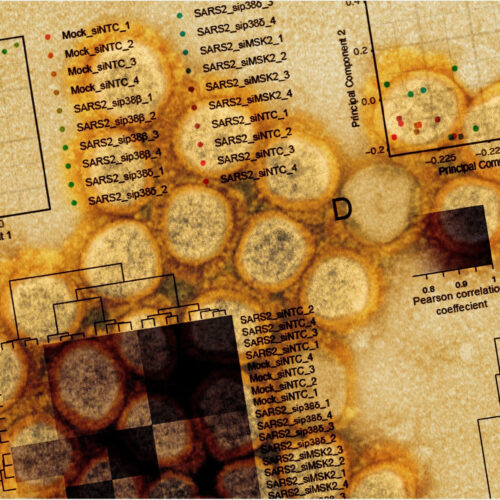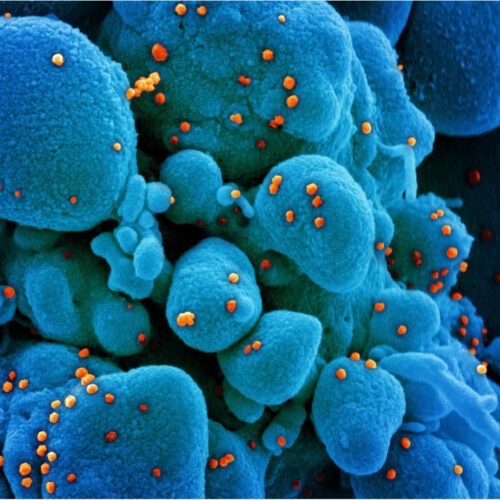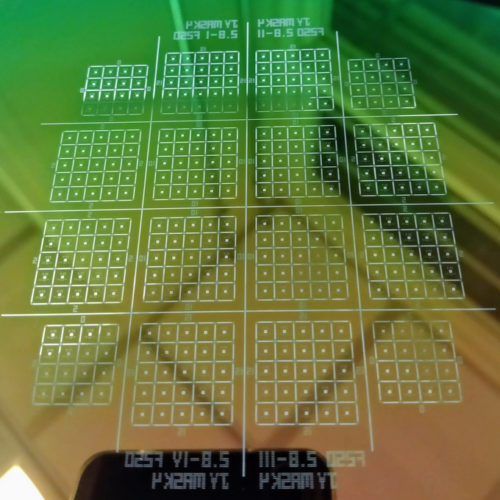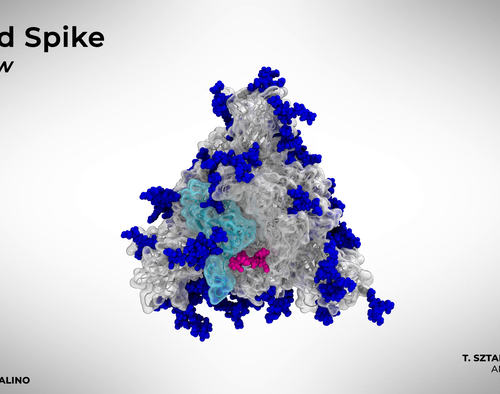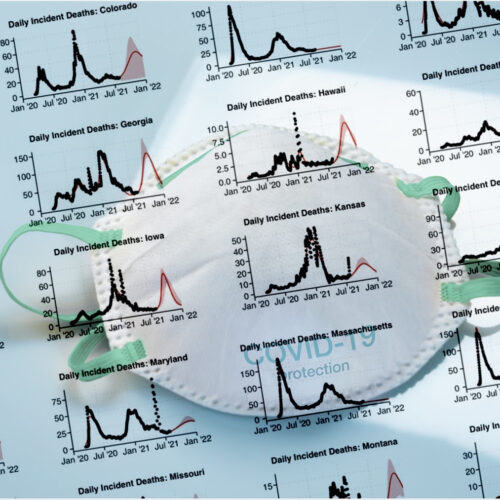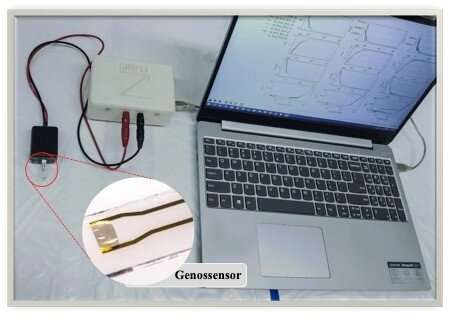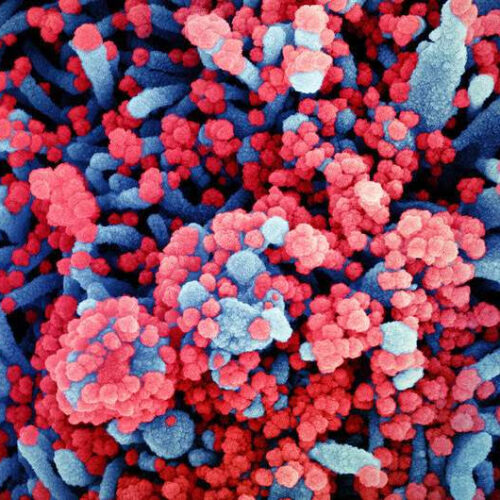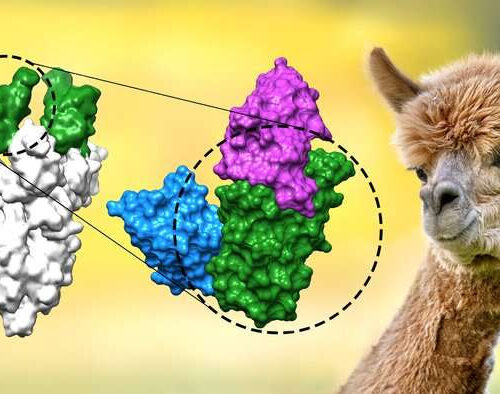By Dr. Tomislav Meštrović, MD, Ph.D.Aug 23 2021 By applying a systems biology approach, a recent bioRxiv* preprint research paper by scientists from the Icahn School of Medicine at Mount Sinai in New York unveils interactions between the severe acute respiratory syndrome coronavirus 2 (SARS‑CoV‑2) and p38 mitogen-activated protein kinase (MAPK) pathway responsible for regulating the expression of crucial inflammatory...
Tag: <span>SARS-CoV-2</span>
SARS-CoV-2 vaccine efficacy is strongly correlated with antibody neutralization levels
By Jocelyn Solis-MoreiraAug 18 2021 All COVID-19 vaccines appear less effective when faced with variants such as Delta, according to a new medRxiv* study. However, the researchers suggest that booster shots may help improve immunity and protect against symptomatic severe acute respiratory syndrome coronavirus 2 (SARS-CoV-2) infection. The study authors write: “Modelling of predicted vaccine efficacy against variants over time suggests...
WHAT YOU SHOULD KNOW ABOUT COVID-19 VACCINE BOOSTER SHOTS
The boosters will be available to individuals eight months after the completion of their second dose. Federal health authorities first announced in mid-August that they would allow immunocompromised people to get special, additional doses of the Moderna and Pfizer/BioNTech vaccines. “IT’S ALMOST CERTAIN THAT MOST PEOPLE WILL EVENTUALLY NEED TO GET BOOSTER SHOTS OR ADDITIONAL DOSES OF THE VACCINES.”...
Nanopores: the how and the why (and hopefully the where)
IMAGE: CREATING ULTRATHIN MEMBRANES FOR CBD DEVICES (CREDIT: JAMES YATES) CREDIT: JAMES YATES At the simplest of levels, nanopores are (nanometre-sized) holes in an insulating membrane. The hole allows ions to pass through the membrane when a voltage is applied, resulting in a measurable current. When a molecule passes through a nanopore it causes a...
Researchers discover hidden SARS-CoV-2 ‘gate’ that opens to allow COVID infection
CREDIT: TERRA SZTAIN, SURL-HEE AHN, LORENZO CASALINO (AMARO LAB, UC SAN DIEGO) Since the early days of the COVID pandemic, scientists have aggressively pursued the secrets of the mechanisms that allow severe acute respiratory syndrome coronavirus 2 (SARS-CoV-2) to enter and infect healthy human cells. Early in the pandemic, University of California San Diego’s Rommie...
SARS-CoV-2 Delta variant: A gloomy forecast for the United States
By Jocelyn Solis-Moreira Aug 18 2021 The emergence of the Delta variant (B.1.617.2) in the United States has backtracked many plans to return to a pre-COVID era. A surge in COVID-19 cases due to the Delta variant has caused a rise in COVID-19 deaths and hospitalizations after what was previously a steady decline during the...
Biosensor permits ultra-fast and cheap detection of SARS-CoV-2
by FAPESP Impedance analyzer connected to DNA biosensor that can be used to detect genetic sequence from SARS-CoV-2. Credit: Lorenzo A. Buscaglia/IFSC-USP The challenges posed by the COVID-19 pandemic have stimulated innovation on several fronts. One is the development of low-cost methods of clinical diagnosis. Genosensors are a case in point. Based on nucleic acids that...
Antibodies to SARS-CoV-2 remain stable, or even increase, seven months after infection
by Barcelona Institute for Global Health Colorized scanning electron micrograph of a cell (blue) heavily infected with SARS-CoV-2 virus particles (red), isolated from a patient sample. Image captured at the NIAID Integrated Research Facility (IRF) in Fort Detrick, Maryland. Credit: NIAID The levels of IgG antibodies against SARS-CoV-2 Spike protein remain stable, or even increase, seven months after...
Highly potent, stable nanobodies stop SARS-CoV-2
by Max Planck Society The figure shows how two of the newly developed nanobodies (blue and magenta) bind to the receptor-binding domain (green) of the coronavirus spike protein (grey), thus preventing infection with Sars-CoV-2 and its variants. The nanobodies originate from alpacas and are smaller and simpler than conventional antibodies. Credit: Max Planck Society Göttingen researchers have developed...
Kids with allergies less likely to get SARS-CoV-2
By Dr. Ramya Dwivedi, Ph.D. Jul 28 2021 Reviewed by Benedette Cuffari, M.Sc. The prevalence of hypertension, diabetes, cardiovascular diseases, and respiratory diseases are high-risk factors for severe coronavirus disease 2019 (COVID-19). COVID-19, which is caused by the severe acute respiratory syndrome coronavirus 2 (SARS-CoV-2), is a respiratory disease that has infected more than 195...

